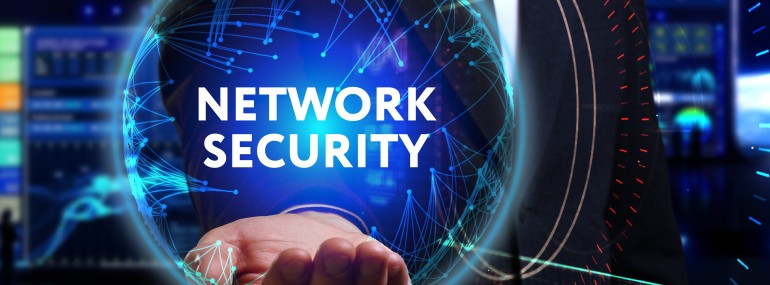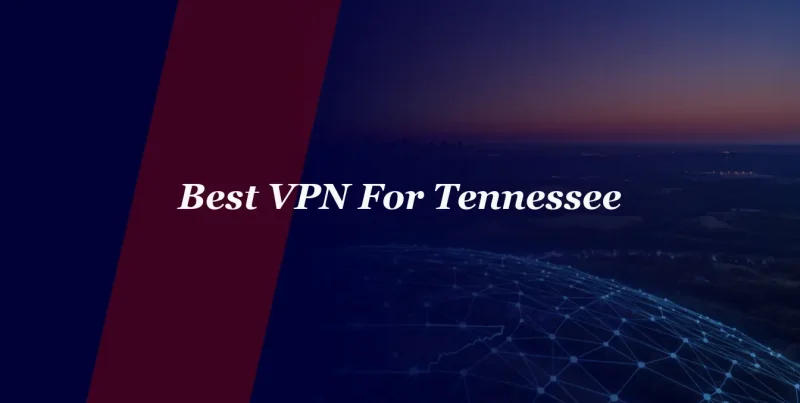It is a fact that to be connected with the world, its communities, companies and smaller units, you should understand that the internet matters. Period. Therefore, to be connected with the online world, one should understand the importance of network security.
For you to be able to thrive in the tech world; understand that we’re completely dependent on the internet, its infrastructure and more importantly network security. And, if you think that the importance of network security doesn’t relate to you, just because you’re still in school, college or don’t have a job yet, think again.
The fact is, if you use a phone, if you’re data (pictures, videos, larger files) are online, then that’s all it takes for a threat to attack. Only the best cyber-security tools can assist you in pointing those threats out.
Ever since the Covid-19 broke out, and took the world by storm, most of us are obligated to work from home. That also means we’re in a less secure environment than compared to what we experienced at the office. Don’t get me wrong, many workplaces don’t fuse in the idea of inculcating network security within their premises.
It doesn’t have to be a world-renowned organization that’s the center of cyberattacks, but could be something as simple as a little bakery, that only delivers its goods to your doorstep and only allows payments to be made online.
I repeat, since the outbreak of the Corona Virus, we’re all at higher risk of cyber-threats, now more than ever. But, even though you think you “shouldn’t and wouldn’t” need to be educated on this crucial matter, just as a painter feels like computer courses wouldn’t take them a long way; that’s not the case.
The world is changing, and we need to be ready! In this blog, we’ll be highlighting the main problems in network security, how to identify them, and mainly how everyone should tackle them. Before moving ahead, let’s get a clearer picture about what network security is.
What is Network Security?

A network, particularly a network that you’re a part of, highlights every device, data, and software that you’re connected to. Now, take that into mind and picture all that you’re connected to through the internet, is somehow accessed or disrupted by an unknown source.
Now, imagine how you could’ve avoided all that by just reading up ways to avoid it, and then act on it? Network security involves the preventative measures against malicious, destructive or unauthorized access. It mainly revolves around the kind of tools you use to avoid such attacks of devices and data.
It doesn’t only have to be around work files, it can also be related to a hacker trying to get a hold of your device. Let’s just say you want to run Kodi (an open-source streaming platform) on your Firestick device. There are some rumors that Kodi might just be unsafe to use, allowing open room for hackers to take hold of your device and spread viruses or install a program allowing them complete access to your device.
In cases like these, the only way around it is by running services like these, with the best security tools for Firestick. This is just an example, and only a fraction of the many cases that could happen.
Why an ISP plays a big role
A huge part of a secured network mainly depends on your ISP. In general, your provider is supposed to ensure maximum security for you and your connection. For the common man, you probably might’ve just assumed that your ISP is only there to give you the key to the internet gates? I don’t blame you! There was a time where I assumed the absolute same.
However… another fact to look into, that once you’re a part of the internet world, you’re immediately a product. How? Okay, so coming back to your ISP. You do know that once you’re connected to your ISP, they immediately gain access to all your activities, the data you push online, what ID and passwords you use, what products you buy, etc!
This is why you need to invest into an ISP that respects your privacy and your activities, assisting you with blocking malicious attacks. This is just step one to the many steps needed to ensure that you’re shielded from future network attacks.
On the contrary, since this blog is mainly about network security, you can’t possibly unload the burden just on your Internet Service Provider. To ensure maximum security, you need to look at every other aspect that could be harming your network.
Leading problems that hamper network security
Countless issues could get in the way of your day-to-day online activities, but in this blog, I’ll be highlighting only the issues. These include:
Unknown devices on your Network
There are many cases where companies or even from home environments, aren’t sure what devices or more alarming, who all, are added on your network. There’s a big difference in running a public Wifi and running a corporate or private one. If you don’t keep tab of every device and the software or apps that are being downloaded through your network, it’s going to be a major problem!
Unresolved security patches
This has got to be one of the biggest dents in the cybersecurity world. Sometimes we tend to overlook the underlying possibilities that could indeed set fire to your network security. If we go according to statistics, the rate of unpatched security systems is the number one cause of cyber-attacks or malware splashes across your systems.
Too many account holders
Sometimes when running a business, you might trust all your employees equally. Yes, trust matters, but sometimes but…that isn’t going to save your business. One wrong click intentionally or voluntarily from someone within your company can compromise a ton of data.
Always make sure you entrust such authorization of sensitive account access to only a limited amount of employees and make sure that they’re well-trained to tackle such events, if ever cropped up.
Open Networks
This isn’t a mall! Keep your network connections strictly private! Leaving a network open easily attracts multiple of hackers waiting for a chance to infiltrate your systems, wiping your data clean or even stealing extremely sensitive information for third-party usages.
Security team
Having the best and up-to-date software can sometimes be no good if you don’t know what you’re doing with it. All companies should have the best IT management committees or teams if ever harmful situations arise. If you’re a homeowner, make sure you only contact the best security team through extensive reviews to handle your system, or just do what I did, read a lot of articles and Wiki know-hows.
The types of Network Security – Heart of IT solutions
You don’t need to be tech-savvy to use the best security measures for your network. The following methods can be used by almost anyone and have proved to be some of the best ways to keep cyber-security your number one friend. They are:
Email security
Face it; we’ve all received countless of phishing emails. And yes, this could hard your network in many ways! One wrong click on the wrong email and link could send hackers spreading viruses through your system. They could also easily take hold of your account details. Using the best email security software will block any incoming threats, saving you the trouble of experiencing loss of information.
VPNs
A virtual private network is worth looking into. Sometimes your ISP is most definitely tabbing into your system and keeping an eye on your activities. Sometimes using a VPN can secure your internet connection, keeping your activities private, by encrypting your data. Also, it works pretty great for anyone who’s trying to access international streaming platforms like Netflix, from abroad.
Data Loss Prevention
This one takes the lead! This works two ways, either someone within your company leaks sensitive information or hackers tackle into your systems and steal it for you. Either way, you’ve lost a lot of data. Make sure that your company includes DLP (Data Loss protection) technological preventions, ensuring that no one can share such kind of information over the internet, even by mistake.
Web security
Another network security measure to look into is web security. It’s not just your device and data that’s important, but also depends on what websites you plan on visiting. Sometimes you might just want to visit a random website without seeing all the warning signs. Website security software help block websites containing malicious content.
Multiple device protection
I think it’s quite clear that most of us don’t use just one device a day. I know I don’t! For example, when I was at work just a month ago, I never knew that I’d soon be working from home due to the Covid-19 breakout. For that, I had to sync up multiple devices, which contained all my work files, accounts, etc. Installing the best security software for all your devices can go a long way to help protect them from being hacked.
To conclude
You and I can completely prevent the inevitability of our network infrastructure from being bombed by the term cyber threats, if only time is taken out, (while being in quarantine) to understand the methods to overcome it. Securing your network is the number one way to stay safe online, while protecting extremely sensitive information handed into your care.







